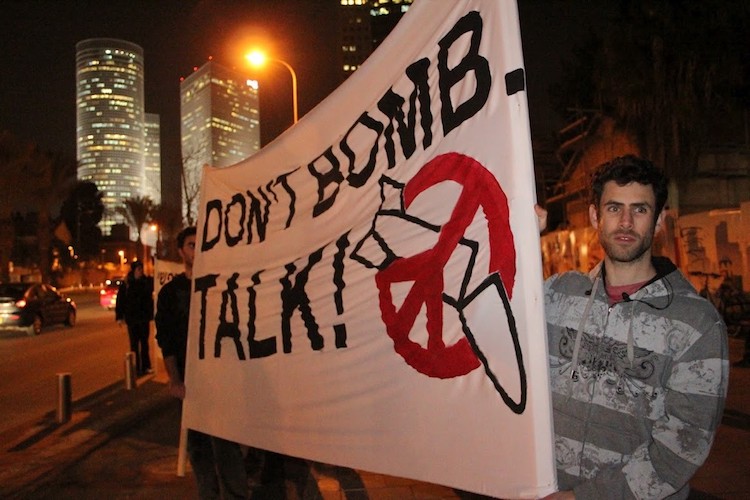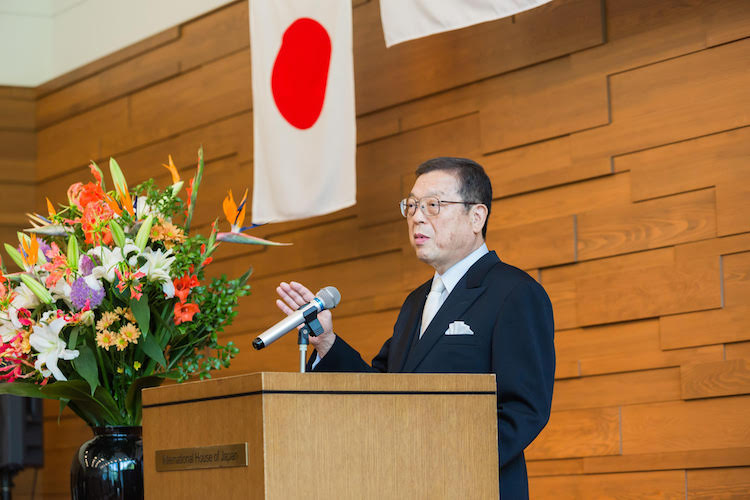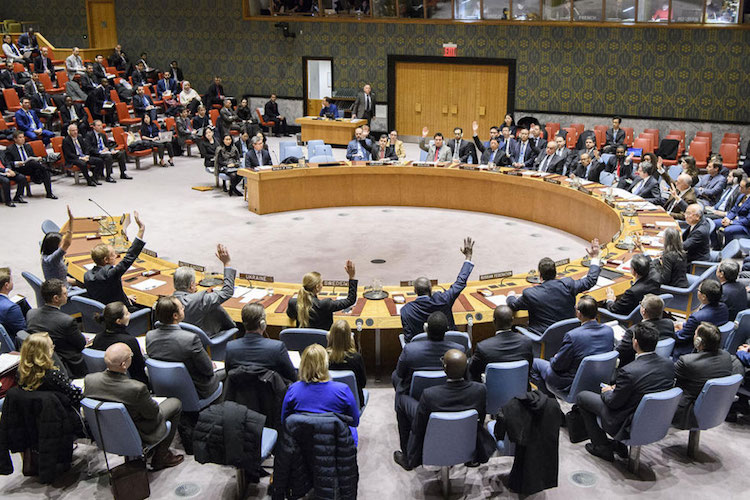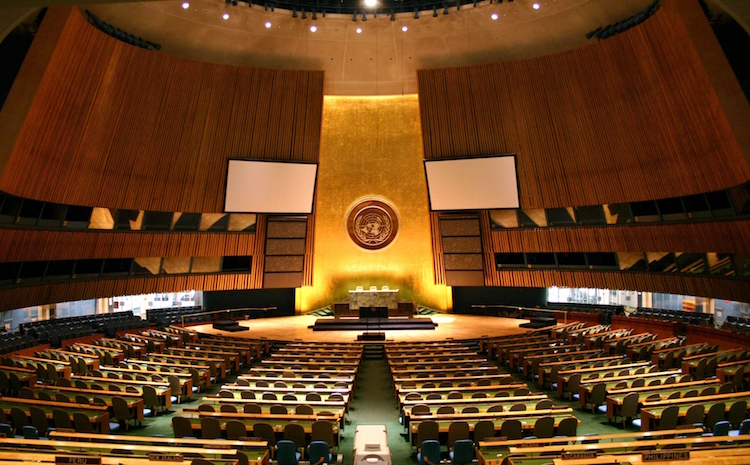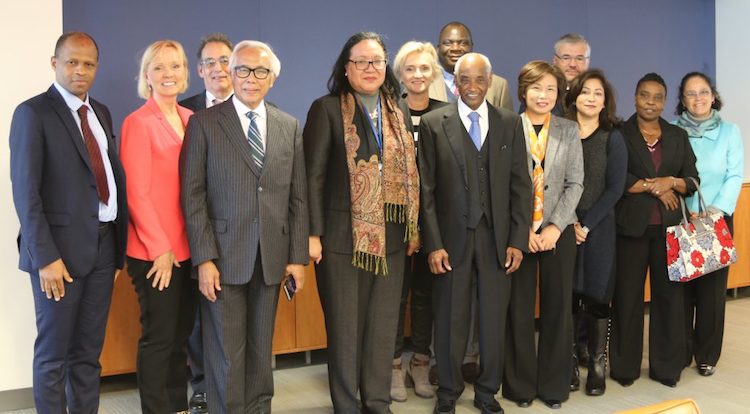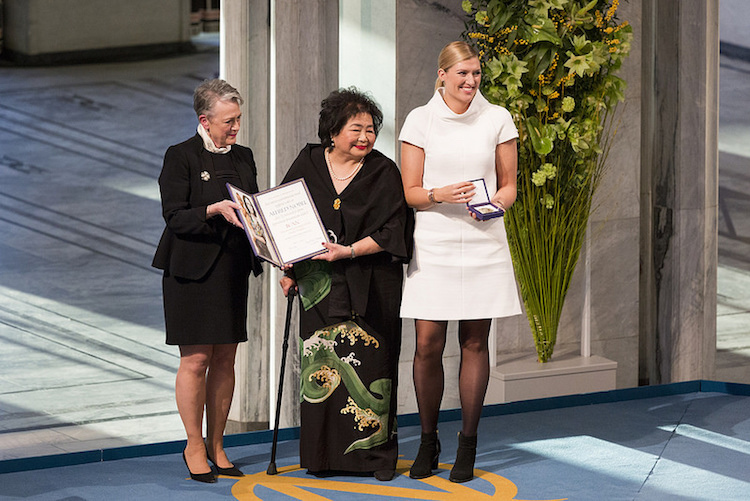By Bernhard Schell AMMAN (IDN) – The Israeli media ignored the Nobel Peace Prize ceremony in honour of the International Campaign to Abolish Nuclear Weapons (ICAN) on December 10, 2017 in Oslo. The Israeli Ambassador to Norway however attended the event. The silence of the Israeli media, according to observers, was not surprising though ICAN’s […]
Uncertainties Abound on the Threshold of 2018
By Martin Khor Martin Khor is the Executive Director of the South Centre. He can be contacted at director@southcentre.int. This analysis first appeared on South Bulletin 100, December 2017 with the caption: ‘In 2017, Donald Trump dominated the year by using US clout to change many aspects of global relations, and not for the better.’ […]
Promoting Sustainable Development in Southeast Asia
Viewpoint by Fumiyasu Akegawa Fumiyasu Akegawa is founder and president of DEVNET Japan. TOKYO (IDN) – Since DEVNET Japan participated in August 2015 in Expo 2015 hosted by the Italian city of Milan, the organization set up in March 2013 to promote Sustainable Development Goals (SDGs) particularly in Southeast Asia has made considerable strides. It […]
UN Chief Expects New Sanctions To Help Make 2018 ‘A Pivotal Year’ for the Korean Peninsula
By J Nastranis UNITED NATIONS (IDN) – The United Nations Secretary-General António Guterres desires to make 2018 “a pivotal year” for the achievement of sustainable peace on the Korean Peninsula. In a statement attributable to his spokesperson, following the adoption of a new Security Council resolution (UNSCR 2397), he said: “The only way forward for […]
It’s Getting Better Except in Trump’s America
Viewpoint by Jonathan Power* LUND, Sweden (IDN-INPS) – Every so often reports emerge that attempt to measure which are the best countries to live in. The Nordic countries plus New Zealand, Holland and Switzerland, usually come out top. Sweden is number one just for the sheer stability of life and security. Denmark is seen as […]
UN Expert Reveals Shocking Facts about Poverty in the U.S.
By J C Suresh TORONTO (IDN) – More than one in every eight Americans, numbering 40 million, equal to 12.7 % of the population, are living in poverty, and almost half of those – 18.5 million – in abysmal poverty, according to a new report. Though the United States is one of the world’s richest, […]
Proposed Cuts in UN Budget Worry Civil Society and NGOs
By J Nastranis NEW YORK (IDN) – Civil society and non-governmental organizations have expressed “deep concern” over the proposals for substantial cuts to the United Nations (UN) biennial budget for 2018-2019. Known for their longstanding support for the UN, the organizers of NGO dialogues and international cooperation met in New York and Geneva to discuss […]
Launch of the Fund to Fight Desertification a Key Achievement
By Rita Joshi BONN (IDN) – The official launch of the Land Degradation Neutrality (LDN) Fund is an outstanding achievement for the United Convention to Combat Desertification (UNCCD) in 2017. It is a first-of-its-kind investment vehicle leveraging public sector funds to raise private sector capital for sustainable land management and landscape restoration activities worldwide. It […]
Technology Bank for the World’s Poorest Set to Start in 2018
By Santo D. Banerjee NEW YORK (IDN) – Seven years after the Fourth UN Conference on the Least Developed Countries charted out the international community’s vision and strategy for sustainable development of the world’s poorest countries, a new institution called the Technology Bank is set to start operations in 2018. The Conference, held in Istanbul, […]
In Just Ten Years ICAN Makes It To Nobel Peace Prize
By Alice Slater* NEW YORK (IDN-INPS) – In Oslo on December 10, the Nobel Peace Prize was awarded to the International Campaign to Abolish Nuclear Weapons (ICAN) and was accepted on behalf of the Campaign by its executive director, Beatrice Fihn, and by Setsuko Thurlow, an ICAN campaigner and survivor of the 1945 Hiroshima bombing. […]

